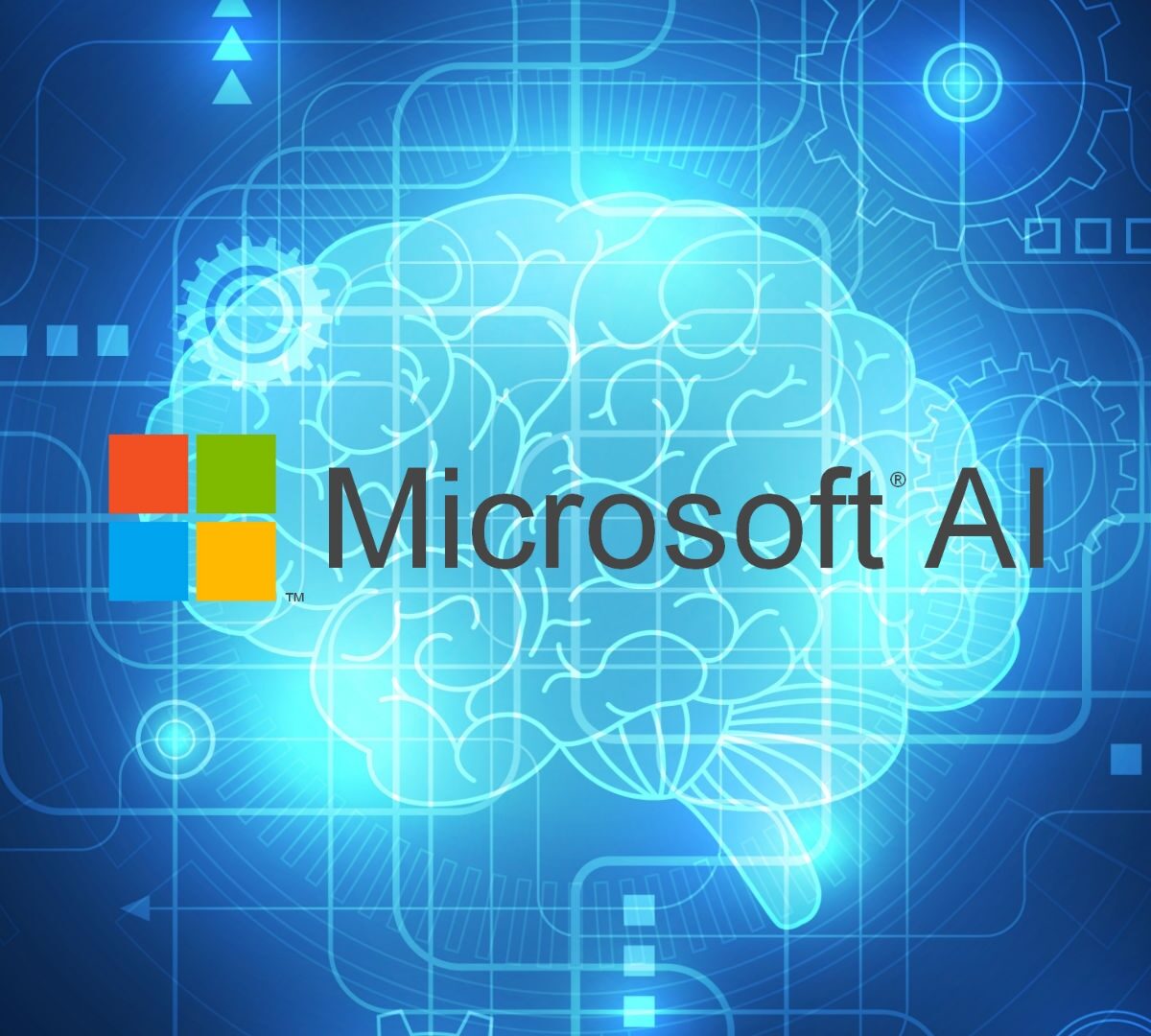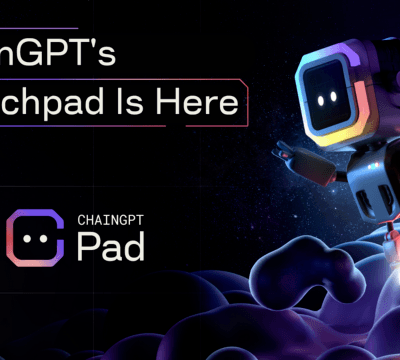Artificial Intelligence (AI) refers to the realm of science and technology dedicated to constructing machines and systems capable of performing tasks that traditionally demand human intelligence. These tasks encompass a wide array, from cognitive functions like thinking and learning to decision-making and the intricate processing of natural language. The applicability of AI extends across diverse domains, including healthcare, education, business, entertainment, and more.
1- Introduction to Machine Learning
This course offers a foundational grasp of machine learning tailored for beginners, emphasizing fundamental concepts. Participants will gain insights into pivotal elements such as data, models, and the overall process of machine learning. The curriculum also delves into distinct categories of machine learning problems, encompassing classification, regression, clustering, and recommendation systems.
2- Unveiling GitHub Copilot
This module serves as an initiation to GitHub Copilot, an innovative AI-powered tool designed to expedite and enhance code writing endeavors. GitHub Copilot harnesses the capabilities of OpenAI Codex, a robust language model trained on an extensive corpus of code lines. The tool boasts the capacity to suggest code completions, snippets, functions, tests, comments, and more, thereby enhancing coding productivity.
3- Unpacking the Benefits of Cloud Services
Introducing the domain of cloud computing, which entails delivering computing services via the internet. Participants will gain insights into the advantages of adopting cloud services for their projects. These benefits encompass scalability, reliability, security, cost-efficiency, and avenues for innovation. The curriculum further navigates through distinct genres of cloud services, ranging from infrastructure as a service to platform as a service, software as a service, serverless computing, and microservices.
4- Exploring Data Analysis using Python
This module initiates participants into the realm of data analysis utilizing Python, a premier programming language in the realm of data science. Participants will acquire proficiency in employing Python libraries such as pandas, numpy, matplotlib, seaborn, and scikit-learn. These tools enable the manipulation, visualization, exploration, and modeling of data, which are pivotal aspects of data analysis.
5- Essential Concepts in Generative AI
Unraveling the fundamentals of generative AI, a specialized branch of AI concerned with crafting fresh content or data, be it images, text, music, and more. Participants will acquire an in-depth understanding of the principles and applications underpinning generative AI. This encompasses explorltrations of generative adversarial networks (GANs), variational autoencoders (VAEs), transformers, and other cutting-edge techniques within the generative AI landscape.









